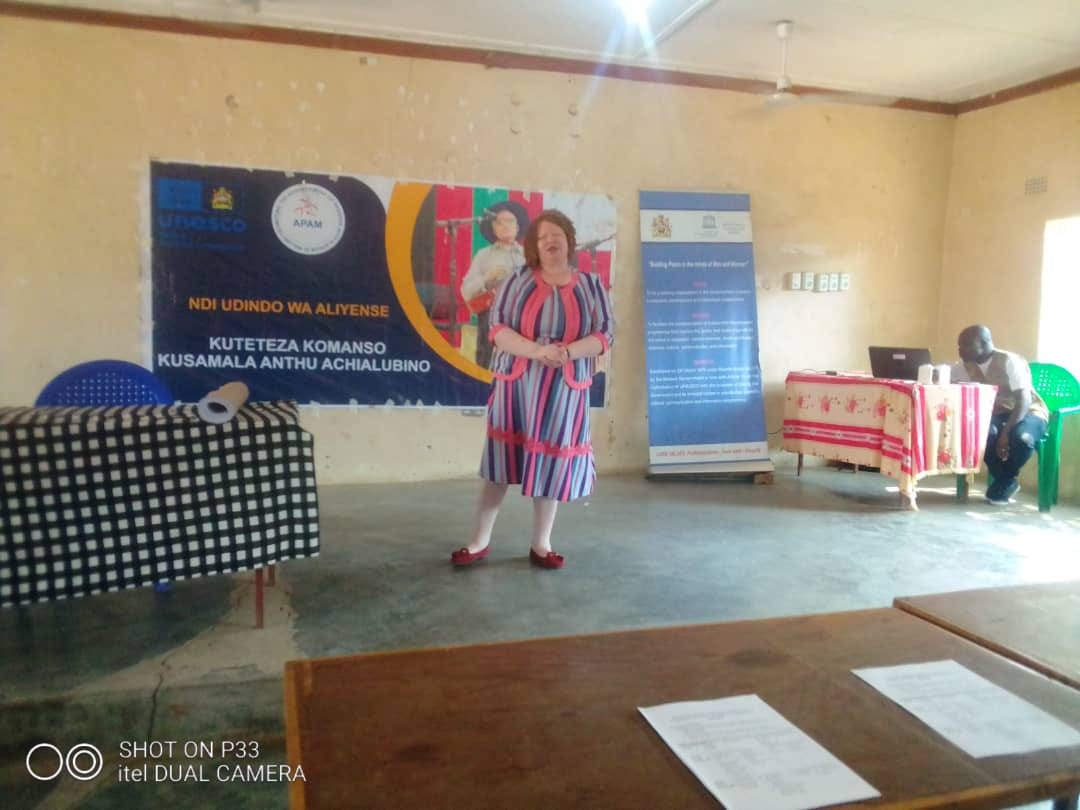Parents and Guardians Urged to Safeguard and Empower Children with Albinism in Malawi
According to the 2018 Population and Housing Census conducted by the National Statistics Office (NSO), Nsanje district is home to 2,568 people with albinism.
Nsanje, Malawi— Vice President of the Association of Persons with Albinism in Malawi (APAM), Emmie Chiumia Chakwawa, emphasised the pivotal role of parents and guardians in safeguarding and nurturing their children with albinism during a day-long training session in Nsanje, writes Cornelius Lupenga.
The event aimed to raise awareness and combat discrimination against individuals with albinism, who are still referred to by derogatory names like "makobili" (money) and "napwiri" in the country.
Chiumia Chakwawa stressed the need for empowerment within the albinism community, stating, "There is still room for improvement in addressing the discrimination faced by persons with albinism, and this can only be achieved if they are equally empowered in society."
She made an impassioned plea to parents and guardians, urging them to prioritise sending their children with albinism to school to ensure their holistic development.
Fredrick Mazoka, the Senior Rehabilitation Officer for the Malawi Council for the Handicapped (MACOHA) in Nsanje, highlighted the positive change occurring in the region regarding civic education and the growing recognition of persons with albinism as integral members of the community.
He pledged to enhance awareness of the importance of inclusive collaboration with individuals with albinism.
According to the 2018 Population and Housing Census conducted by the National Statistics Office (NSO), Nsanje district is home to 2,568 people with albinism.
Annie Ben, a parent from the area of Traditional Authority Malemia in Nsanje, commended the organisation for the day-long training session.
She vowed to mobilise her community to treat persons with albinism with the same respect and equality as any other individuals.
She shared a personal story of her daughter, who faced discrimination at school but eventually gained acceptance from her fellow learners.
The Association of Persons with Albinism in Malawi (APAM) is implementing similar training initiatives in three districts: Balaka, Nsanje, and Thyolo, as part of the "Enhancing the Protection of Persons with Albinism in Malawi" project, with funding totalling $30,000 for this year.



